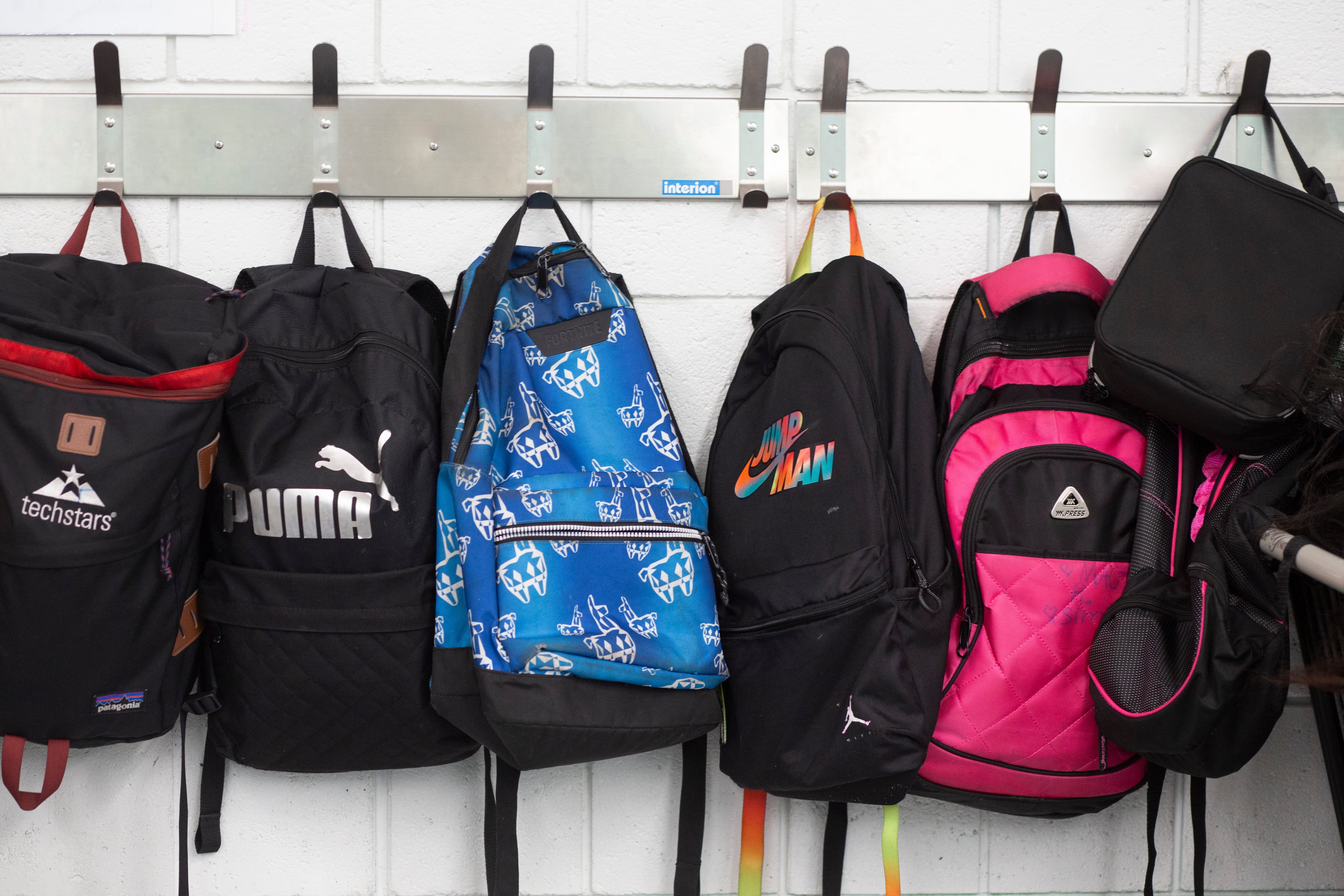Sign up for Chalkbeat Newark’s free newsletter to keep up with the city’s public school system.
New Jersey’s largest school district was awarded an $8.9 million federal grant to boost mental health support as the district continues to address the mental and emotional effects of the pandemic on students.
Newark Public Schools is one of two districts in New Jersey to receive the Project AWARE grant funding, awarded by the Substance Abuse and Mental Health Services Administration, an agency within the U.S. Department of Health and Human Services.
Through the grant, Newark will receive $1,799,924 a year for the next five years to implement programs, practices, and policies that are “recovery-oriented, trauma-informed, and equity-based.”
School districts previously awarded the grant used the funds to hire mental health coordinators, counselors, and social workers. Others used the money to provide professional development training or expand existing school-based social-emotional programs.
Newark plans to create new policies and programs to support student wellness and create healthy learning environments.
“Included in the goals of AWARE is to increase and improve access to culturally relevant, developmentally appropriate, and trauma-informed school and community-based activities and services,” wrote Dani Bennett, spokesperson for SAMHSA.
Mental health problems among young people were on the rise before COVID, but spiked during the pandemic. Teens also reported feeling disconnected as the pandemic disrupted student learning and limited access to their friends, school-based social services, and after-school activities such as sports and clubs.
As a result, the need for mental health and behavioral support intensified after the pandemic. But a study released last year found that Black and Latinx students in New Jersey have less access to school mental health staff today than they did a decade ago. In 2008, public schools across New Jersey had 8.2 mental health staff per 1,000 students on average, which increased to 8.6 staff per 1,000 students in 2020, according to the New Jersey Policy Perspective.
In Newark, where more than 90% of public school students identify as Black or Hispanic, youth and families experience inequities in accessing mental health and behavioral resources, an issue the school district aims to tackle through Project AWARE - Newark. This is the first time the district has received this funding.
Newark plans to boost mental health support
As part of the initiative, Newark will work to meet 18 goals so all students in the district get better access to mental health support and services tailored to their needs, according to the district’s strategy. Newark will work with the New Jersey Department of Education, the state’s mental health agency, and the city’s community mental health agencies to establish a tiered system of mental health support over the next five years.
Among its goals, Newark will develop “a culturally aligned, affirming socio-emotional universal curriculum” for all students, according to the district’s strategy. The district will also develop positive messaging to motivate students and safe spaces in schools such as after-school clubs “that promote affinity spaces for historically marginalized youth.”
The district must also create a suicide awareness training policy, implement prevention programs for suicide and substance use, train staff on mental health awareness, and develop a school safety and violence prevention program, among other goals to promote healthy learning environments for students and staff.
Bennett, the spokesperson for SAMHSA, said Newark must also develop a “Disparity Impact Statement,” a report that identifies racial, ethnic, sexual, and gender minority populations at the highest risk for experiencing behavioral health disparities. The district must also track and collect data about its new programs and report to SAMHSA on a quarterly basis.
Since the return to in-person learning, Newark schools have worked to create more mental support for students. In the district’s 2022-23 school year budget, Newark allocated funds to boost social workers and counselors for the district’s 39,000 students. The budget covered salaries for 45 new social worker positions, for a total of 164 social workers, and one new counselor position, for a total of 89 counselors.
In 2022, New Jersey Gov. Phil Murphy also announced extra support for mental health services through a regional model, known as the New Jersey Statewide Student Support Service Network. The model aims to provide mental health services to more students across the state, according to Murphy’s administration last year.
Between 2018 and 2022, 205,874 students across the country have been referred for mental health or related services under Project AWARE. Additionally, 796 policy changes across the country have occurred at the state and local levels to improve mental health-related programs and services as a result of the grant.
The Jersey City Board of Education was also awarded this grant in New Jersey.
Jessie Gomez is a reporter for Chalkbeat Newark, covering public education in the city. Contact Jessie at jgomez@chalkbeat.org.





